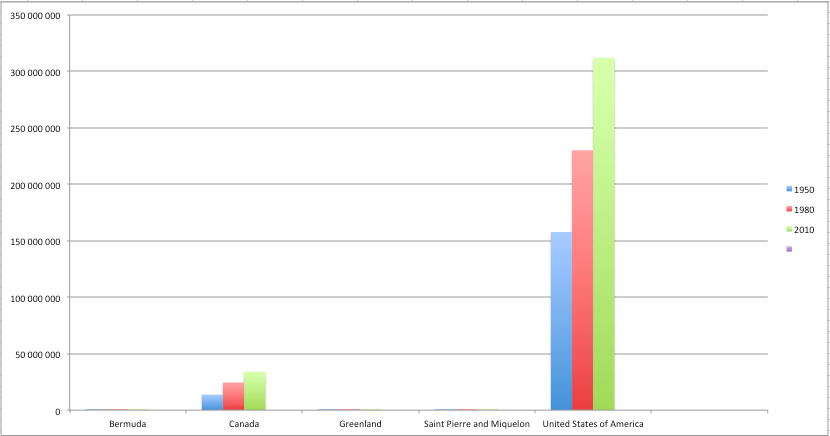Dracula fishbowl #2
For my second fishbowl discussion, the topic I chose was:
Why does Dracula only drink the blood of English women? Why doesn’t he drink, say, Jonathan Harker’s blood when he has the chance? Why is Lucy Dracula’s first target? What makes her vulnerable? What does this say about attitudes towards women at the time?
My thesis for this question was During the Victorian Era, men viewed women as innocent, frail, “delicate flowers” who were incapable of making their own decisions and taking care of themselves.
To organize my notes, I broke the questions up.
Why does Dracula only drink the blood of English women? Why doesn’t he drink, say, Jonathan Harker’s blood when he has the chance?
I think that Dracula doesn’t drink Jonathan’s blood because Vampires were seen as being very sexual, and Dracula himself is attracted to women, so that’s whose blood he drinks. Another point is that Virgin women are seen as being very pure and innocent and Dracula wanted to be the one to take that innocence away from them
Why is Lucy Dracula’s first target? What makes her vulnerable?
Lucy is described as being slightly childlike—blond, beautiful innocent, extremely vulnerable and unable to defend herself (in the eyes of men) Another reason is that her sleepwalking makes her an easy target, because she is wandering around alone
in the middle of the night wearing only a nightgown, and so Dracula caught Lucy in her most vulnerable state. Also, women at this time were seen as very vulnerable and weak, so becoming sickly and pale as Lucy did wasn’t seen as abnormal and wasn’t normally paid attention to.
What does this say about attitudes towards women at the time?
In the Victorian Era, people believed that a women’s place is in the home, her career is marriage, and her prime use was to bear a large family. When a woman got married, her rights were legally given over to her husband and she was his property. There weren’t very high expectations of women—they did the cooking, cleaning, and raised the children, but other then that men saw them as being too delicate and innocent to do anything else.
The book is set around female oppression and the men having clichéd toughness—the women are forced to stay behind while the men risk their lives to protect them, and in various parts of the book, the men rush to protect the sickly women

Recent Comments